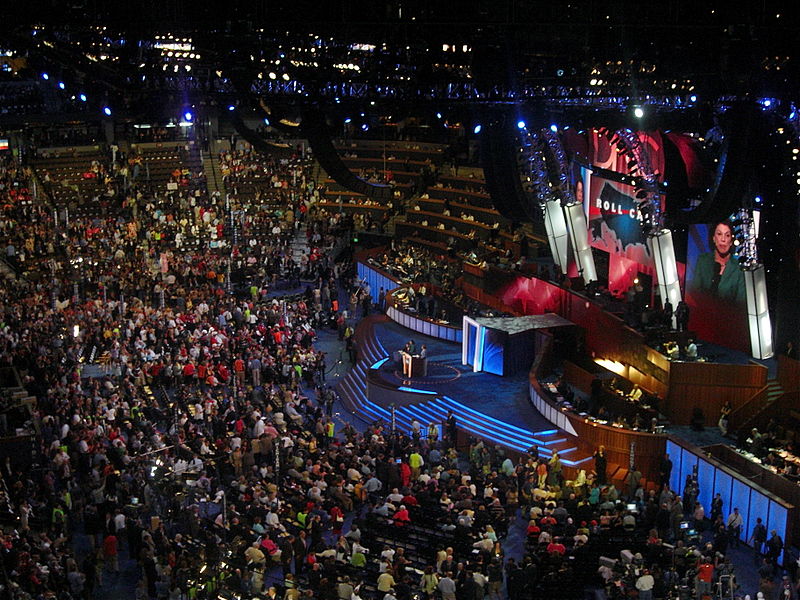Introduction
Democrats and Republicans are two terms that may seem similar, but there are significant differences between them. The main difference lies in their philosophy. Democrats support democracy, while Republicans support the principles of a republic. This article will examine the differences in detail.
Who are Democrats?
Democrats believe that government institutions can effectively find solutions to societal ills and disparities. They view collective groups of people as victims, rather than individuals. Democrats aim to raise taxes and redistribute wealth to address the imbalance between the rich and the poor. They believe in implementing centralized programs to meet the needs of the underclass.
Who are Republicans?
Republicans, on the other hand, do not believe that government institutions can adequately solve societal problems. They believe in finding solutions based on the principle of individual choice and liberty, whether economically, socially, culturally, or ideologically. Unlike Democrats, Republicans do not support centralized programs. They advocate for self-help and limited government intrusion in people’s affairs. They believe that wealth can only be created through private initiatives, not by the government.
What is the Difference Between Democrats and Republicans?
– Democrats support democracy, while Republicans support the principles of a republic.
– Democrats believe in the effectiveness of government institutions, while Republicans do not.
– Democrats see collective groups of people as victims, while Republicans emphasize individual choice and liberty.
– Democrats support centralized programs, while Republicans do not.
Ultimately, the differences between Democrats and Republicans lie in their core philosophies and approaches to solving societal problems.
Key Takeaways
1) The main difference between Democrats and Republicans is their philosophy. Democrats believe in the government institutions finding solutions to society’s problems, while Republicans believe in individual choice and limited government intervention.
2) Democrats see collective groups of people as victims and aim to raise taxes and redistribute wealth to achieve balance between the rich and the poor. Republicans, on the other hand, believe in self-help and private initiatives as the means to create wealth.
3) Democrats support centralized programs to meet the needs of the underclass, while Republicans do not believe in such programs and strive to keep taxes low and government intrusion limited.
